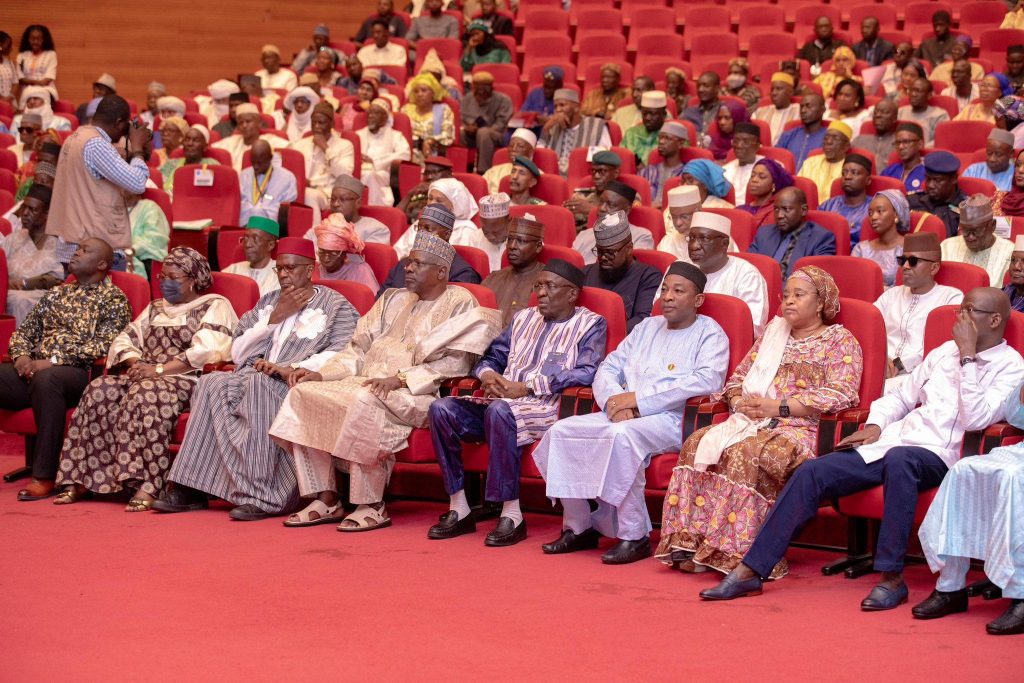Mali Unveils National charter for peace and reconciliation to heal deep divisions

Mali has taken a historic step toward restoring national unity and healing decades of conflict with the official presentation of its National Charter for Peace and Reconciliation.
The document was formally handed over to President of the Transition, General Assimi Goïta, during a high-profile ceremony at the Bamako International Conference Centre (CICB) on Tuesday, 22 July 2025.
The solemn event brought together senior government officials, institutional leaders, regional governors, members of the Malian diaspora, and accredited diplomats, reflecting the Charter’s national and symbolic significance.
The Charter was presented by Ousmane Issoufi Maïga, President of the Drafting Commission. It comprises sixteen titles and 106 articles, addressing Mali’s key economic, social, cultural, and institutional development priorities.
Launched as part of President Goïta’s national address in December 2023, the Charter is the product of extensive national dialogue and inclusivity.
It is designed to serve as a foundation for long-term peace, unity, and development, following years of political instability, armed conflict, and social upheaval.
“The Charter is the outcome of an inclusive, sovereign national dialogue free from foreign interference,” President Goïta stated in his address. “It aims to heal the deep wounds of past crises and lay the groundwork for a peaceful, united Mali that looks confidently to the future.”
The President denounced external meddling in Mali’s affairs, which he said had weakened state structures and fueled internal divisions.
However, he praised the Malian people’s resilience, the unwavering dedication of the defense and security forces, and the wisdom of national stakeholders who contributed to the Charter’s creation.
Developed by a commission representing Mali’s diverse sociopolitical fabric, the Charter addresses critical themes including governance, justice, youth empowerment, anti-corruption measures, and social cohesion.
“This is not merely a symbolic document,” Goïta emphasized. “It is a genuine roadmap for rebuilding a strong, united, and stable Mali.”
He extended his gratitude to the drafting commission and called on all Malian citizens to embrace the Charter, implement its principles, and uphold it as a cornerstone of enduring peace.
Following its presentation, the Charter will be submitted to the National Transitional Council (CNT) for review and adoption, before its official promulgation by the President.
About The Author
dailymailafric
I am an avid African news observer, and an active member of Daily Mail Africa.
I’m Passionate about staying informed on diverse topics across the continent,
I actively contribute to publishing on political, economic and cultural developments in Africa.



